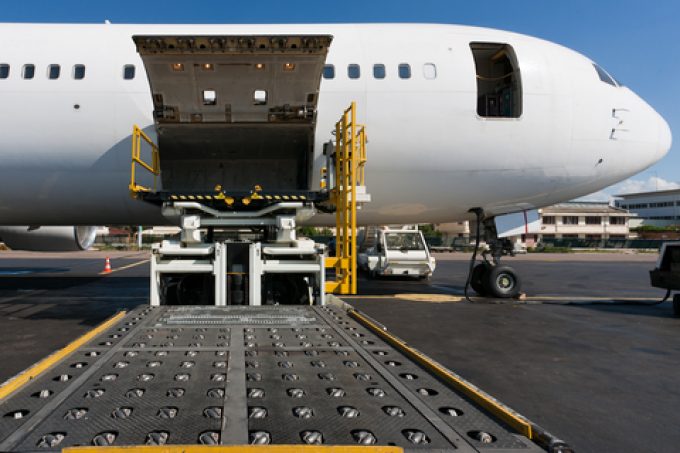DP World announces 'transformative' expansion plan for Caucedo hub
Global terminal operator DP World is set to plough some $760m into its Caribbean transhipment ...

US operator Ascent Global Logistics had a busy October and November, and December is likely going to be even more intense.
The reason is not the seasonal shopping frenzy, but plenty of urgent shipments for the automotive industry – especially for the ’big three’ Detroit auto ...

Comment on this article